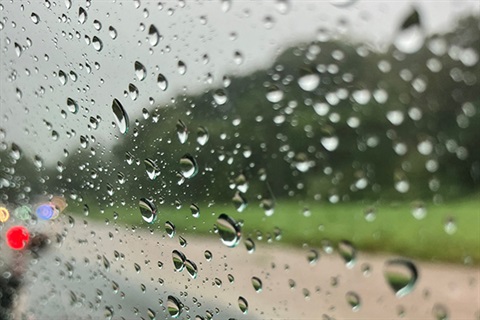For many, a career in veterinary is a rewarding experience requiring a passion for animals, great interpersonal skills and a strong work ethic.
But statistics reveal the suicide rate for veterinarians is almost four times higher than the general population across the UK, Australia, US, New Zealand and Canada.
Psychologist Dr Nadine Hamilton has spent the last ten years researching why the mental wellbeing of vets has become so compromised and what can be done about it.
She is a graduate of the University of Southern Queensland’s (USQ) Doctor of Education and currently enrolled in the University’s Doctor of Philosophy.
“The effects of working long hours, performing euthanasia on animals, emotional pressure, financial issues, unrealistic expectations, and dealing with distressed clients places considerable stress on both the vet themselves and their families at home,” Dr Hamilton said.
“Failure to cope with such stress upsets mental wellbeing and can lead to serious emotional, physical, and behavioural issues. For some, it leads to death.
“This is a reality of their job, so how do we help them deal with these demands?”
In her recently published book Coping with Stress and Burnout as a Veterinarian, Dr Hamilton examined the problem and the science that can be used to tackle it head-on.
“If we are to reduce this suffering we need to find out what hinders a vet’s wellbeing and use targeted solutions that work,” she said.
“That will involve us drawing from the fields of positive psychology, acceptance and commitment therapy, career construction theory, and resiliency studies.”
Dr Hamilton’s intervention program is primarily focused on stress management, emphasising organisational skills (incorporating simple actions such as clustering phone calls and meetings) and goal setting.
Dr Hamilton is the founder of the charity Love Your Pet Love Your Vet, and previously developed the Coping and Wellbeing Program for Veterinary Professionals – an evidence-based psycho-educational intervention to educate vets on how to develop protective attitudes, enhance wellbeing, and increase their coping skills.









